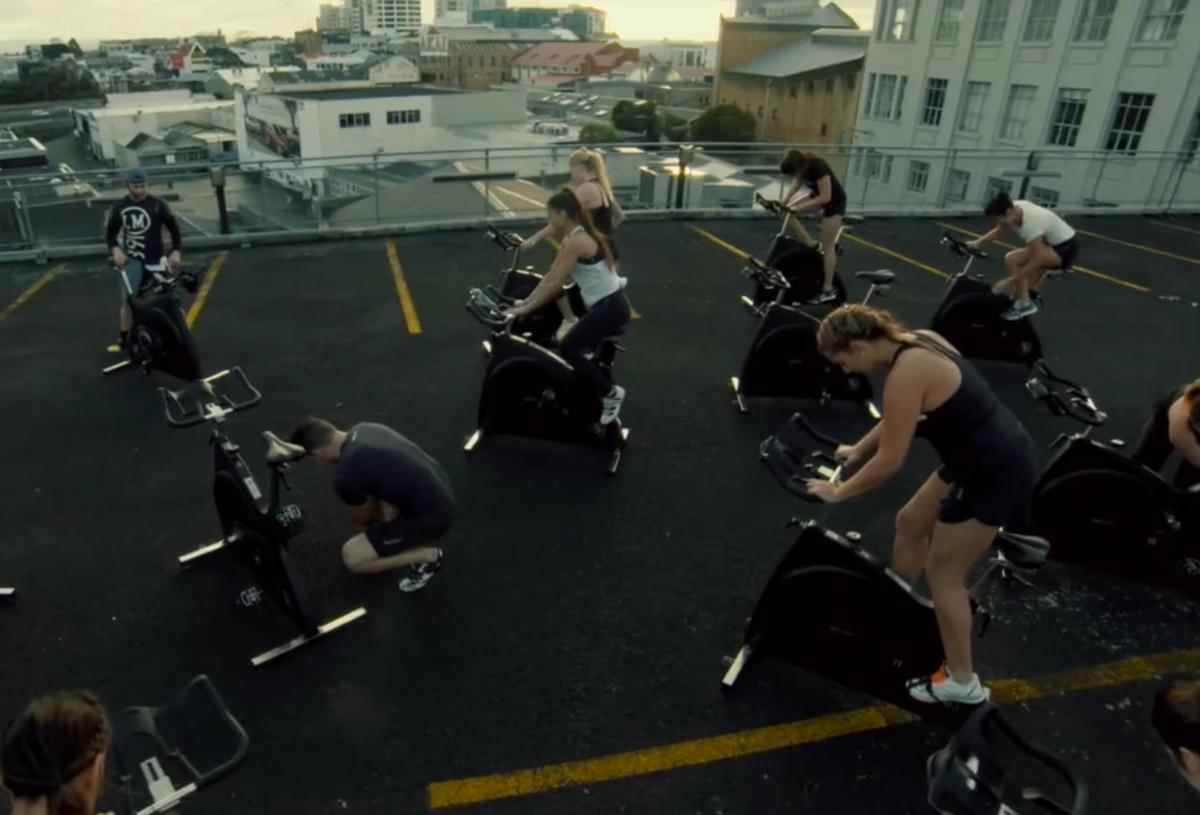see all jobs
Les Mills to unveil ‘blueprint for battling boutiques’
Global fitness giant Les Mills is aiming to help conventional health clubs counter the threat to their business posed by boutique studios – through harnessing the power of cycling.
The recent rise of boutique studios has been largely linked to a boom in cycle-based group fitness, with brands such as SoulCycle leading the way, while the UK has given rise to Psycle, Boom Cycle and Athlete Lab. During this time, traditional health clubs offering a broad selection of activities at a mid-range price have seen their business ‘salami-sliced’ away by specialised competitors, as has been highlighted by fitness industry analyst Ray Algar.
With conventional health clubs forming a large section of its client base, the move by Les Mills to help clubs combat boutiques doesn't come as a surprise. It does however, help to illustrate the profound effect boutique studios have had in 'disrupting' the fitness market and altering consumers' expectations.
Informed by research that found health club cycle studios are left vacant for as much as 80 per cent of opening hours, translating to up to US$180,000 (€163,000, £117,000) per year in lost revenue, Les Mills is launching a new high intensity group cycling programme called Sprint. The 30-minute class incorporates high intensity interval training techniques (HIIT) and is a fast workout which draws influences from the cycling boom and the rise of boutique studios.
“Indoor cycling is an area that’s getting a lot of air time, which is being fuelled by the rise British Cycling success and the growth of the lucrative boutique club market,” said Les Mills UK CEO Martin Franklin.
“We have identified through our research five key areas that clubs can focus on to compete with the boutiques and we will be sharing our insight at our forthcoming seminars taking place nationwide.”
One of the key aspects of boutique-style offerings, added Franklin, is that they are hugely popular with the increasingly important millennials market. Recent research from Technogym found that 70 per cent of millennials believe that group exercise classes provide additional motivation, with the same report concluding that “millennials represent the future of wellness, and their choices will ultimately determine how wellness evolves over the next 10 to 20 years.”
Adapting to the challenges of the millennial market and the dissipation of customer loyalty were two of the key challenges for traditional health clubs outlined by Algar during his recent keynote at Leisure Industry Week (LIW). He noted that to succeed in a challenging market, brands will need to “really stand for something,” presenting a clear identity and belief in their purpose if they want to thrive.
More News
- News by sector (all)
- All news
- Fitness
- Personal trainer
- Sport
- Spa
- Swimming
- Hospitality
- Entertainment & Gaming
- Commercial Leisure
- Property
- Architecture
- Design
- Tourism
- Travel
- Attractions
- Theme & Water Parks
- Arts & Culture
- Heritage & Museums
- Parks & Countryside
- Sales & Marketing
- Public Sector
- Training
- People
- Executive
- Apprenticeships
- Suppliers
















































